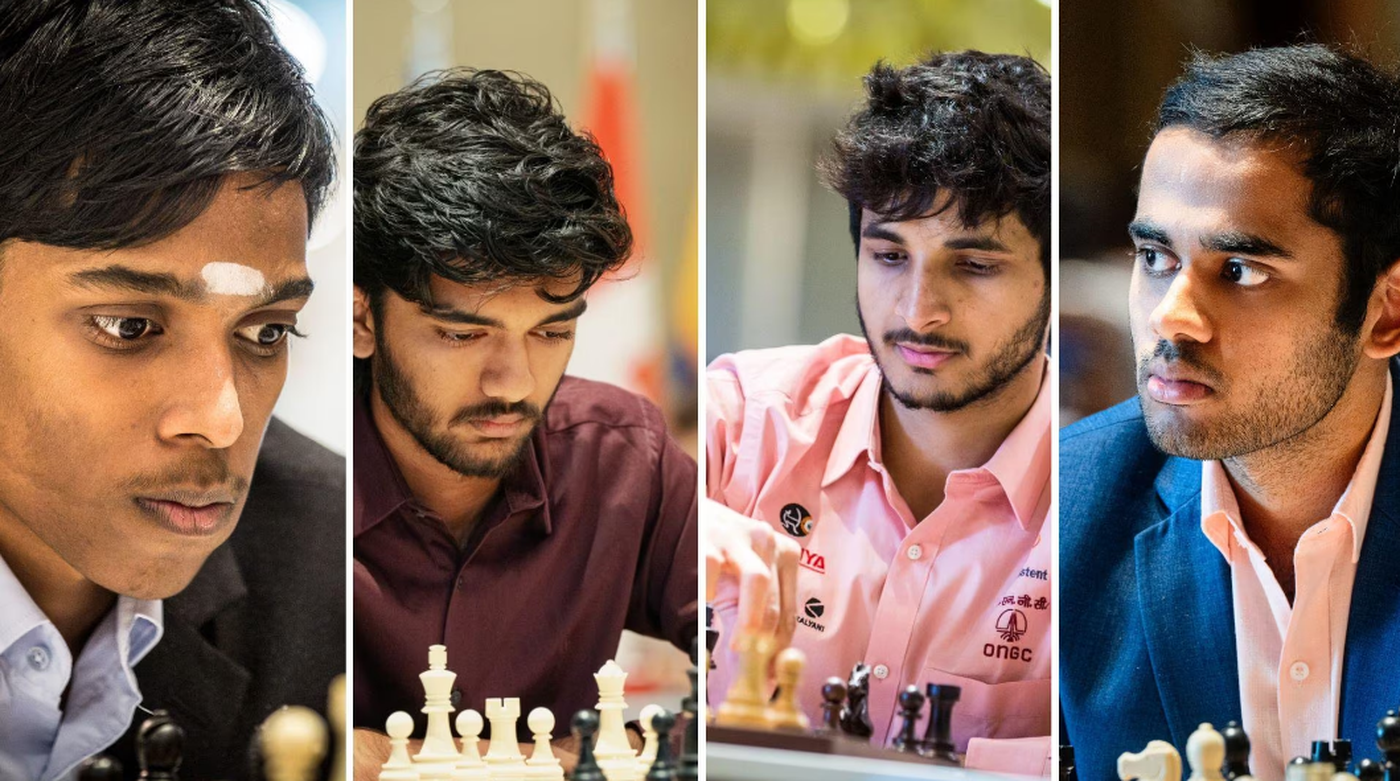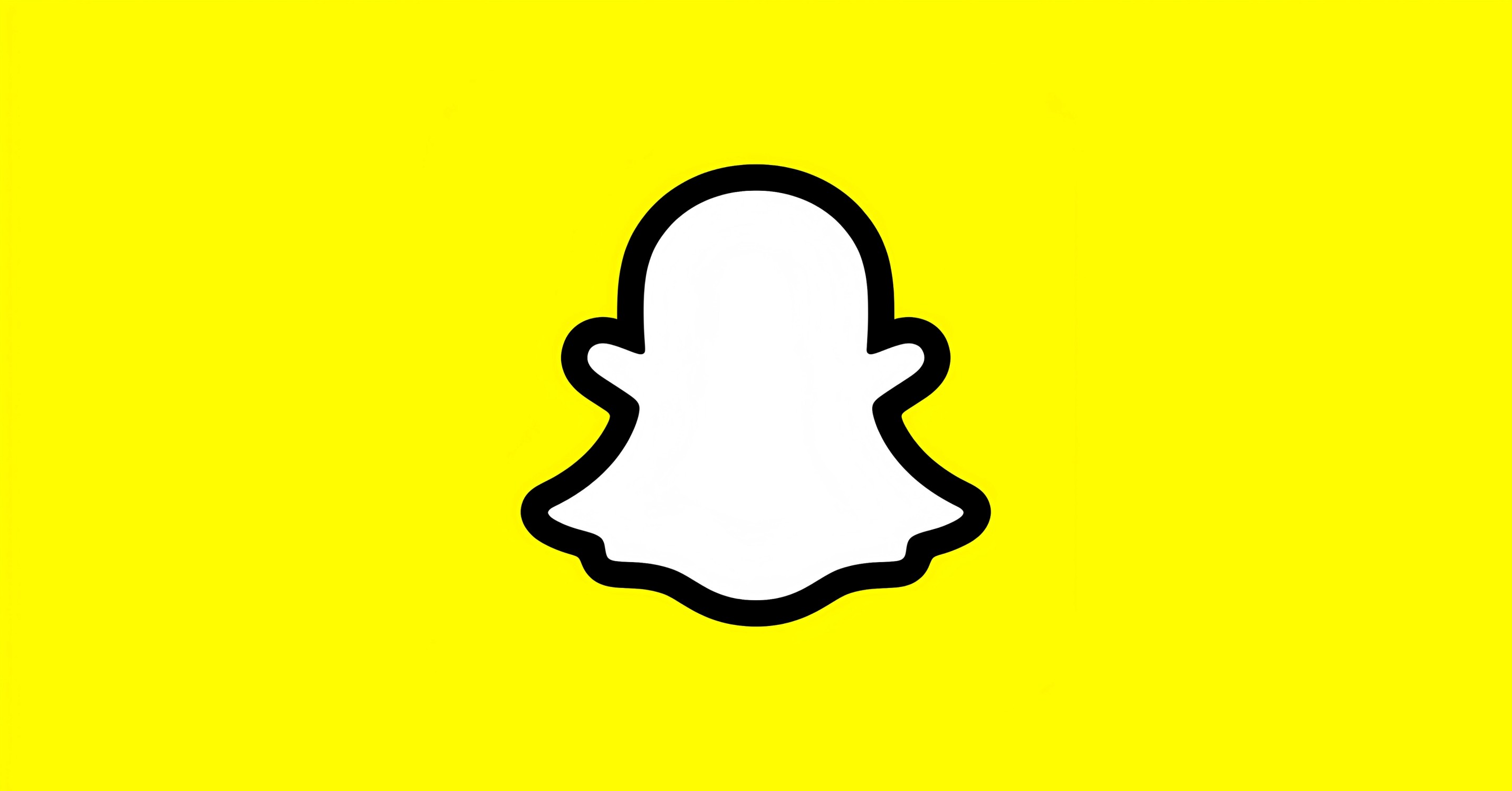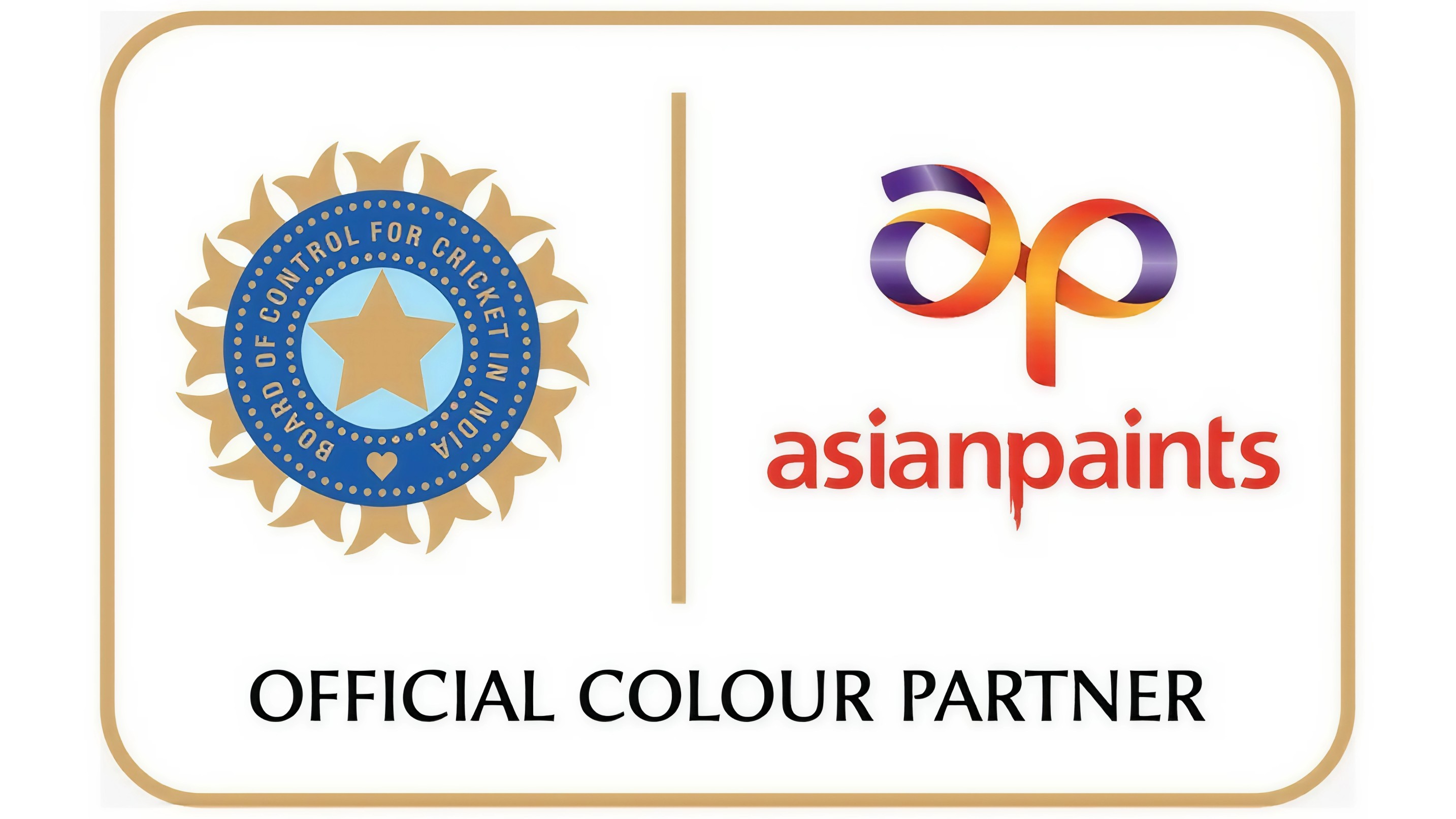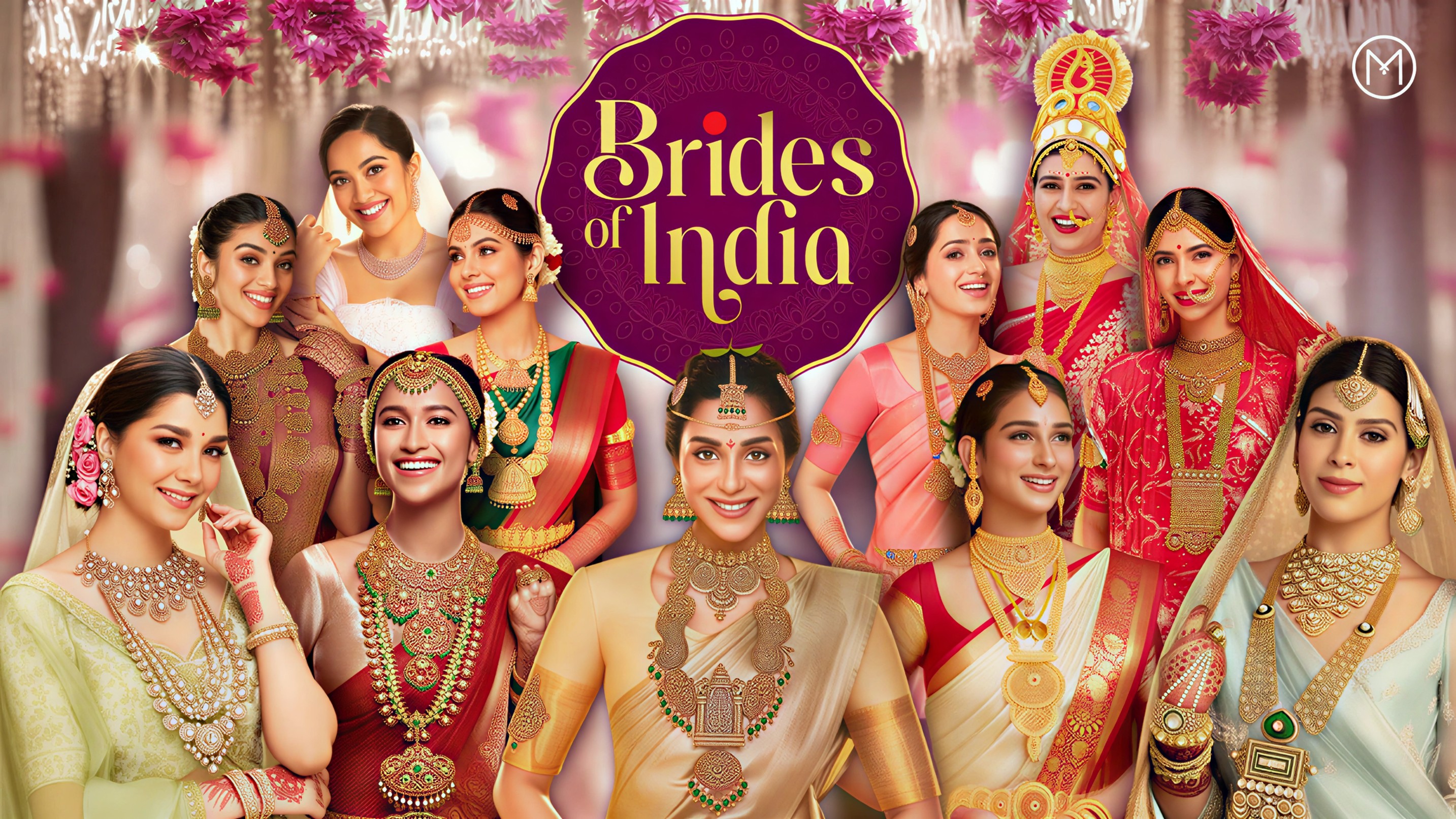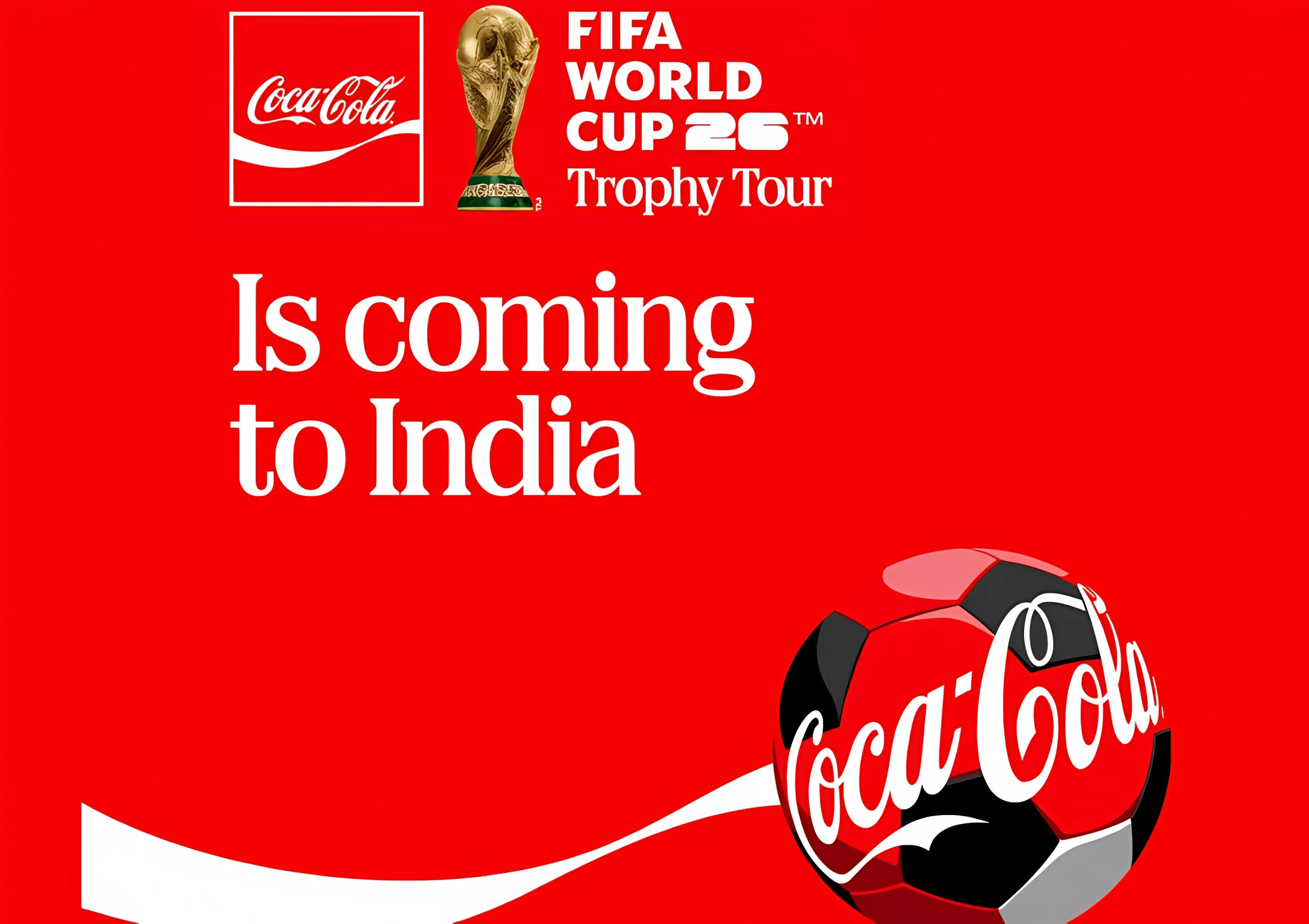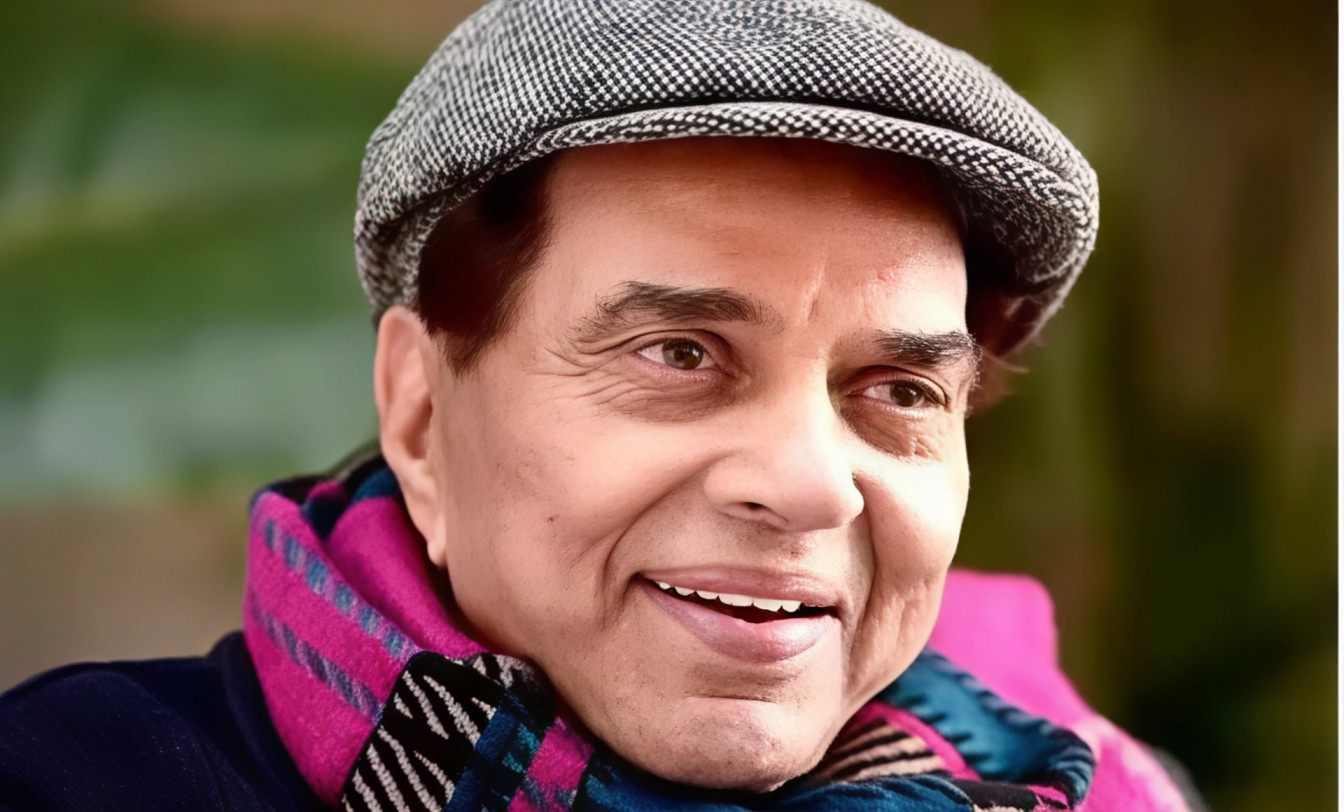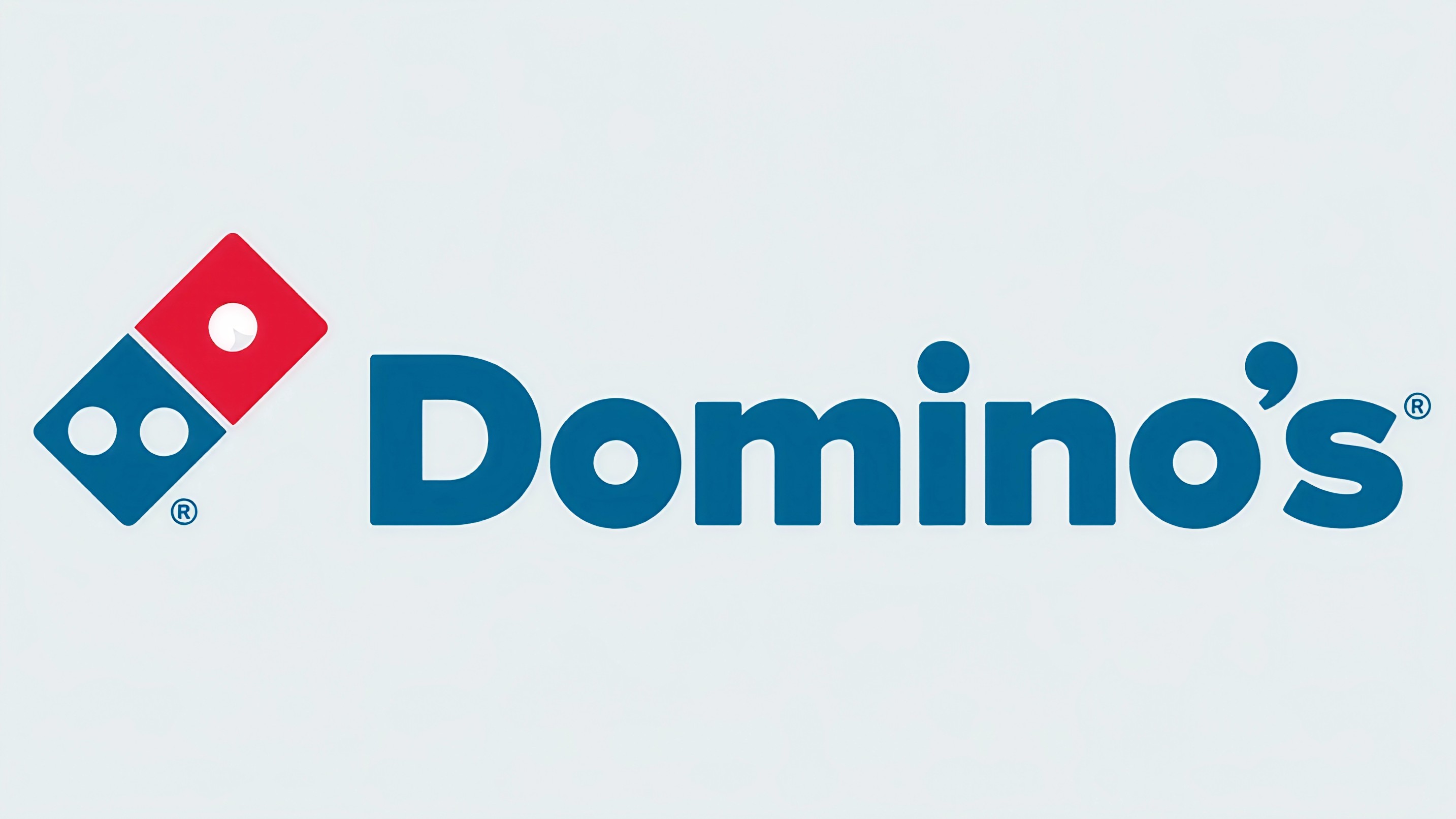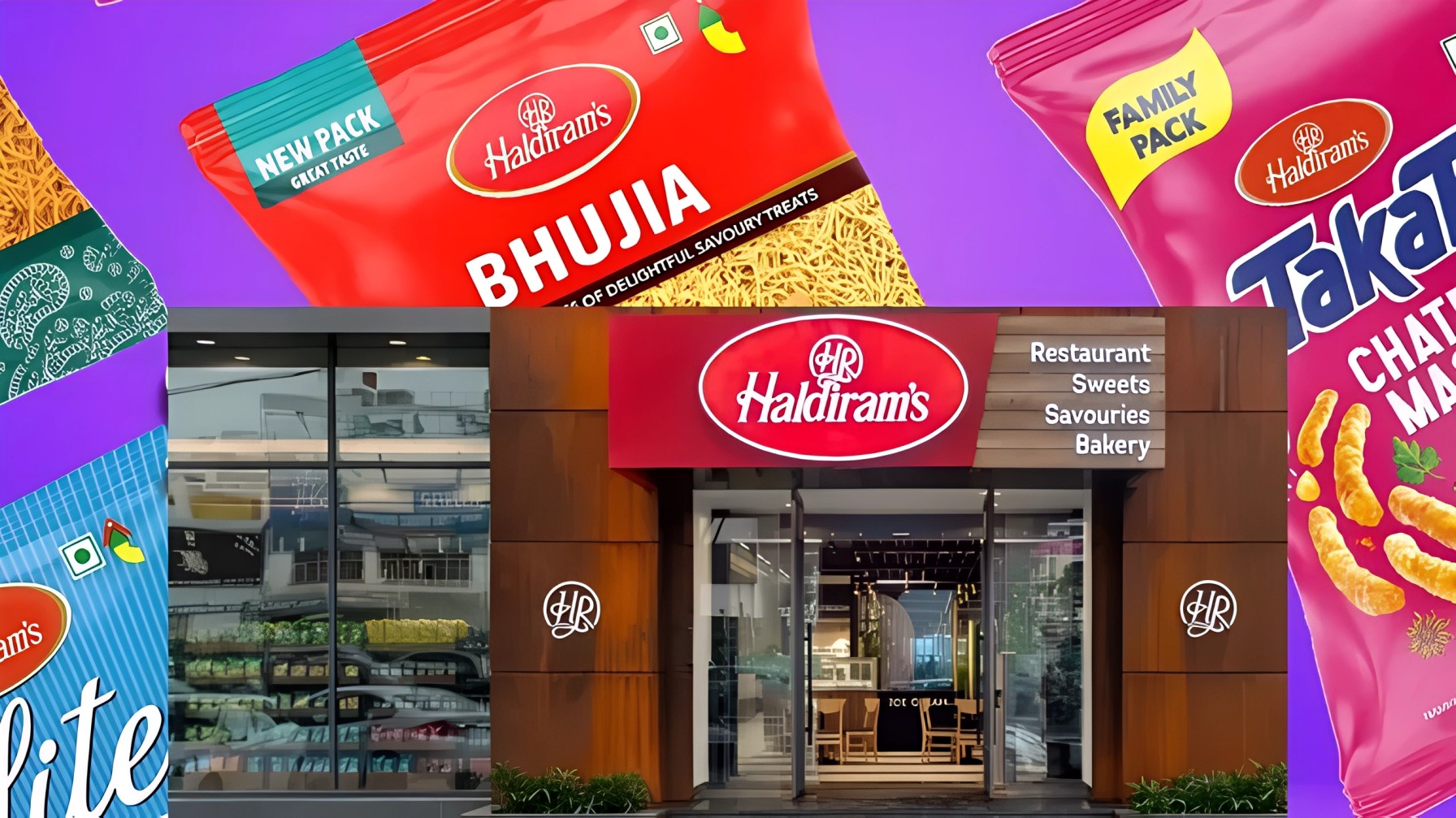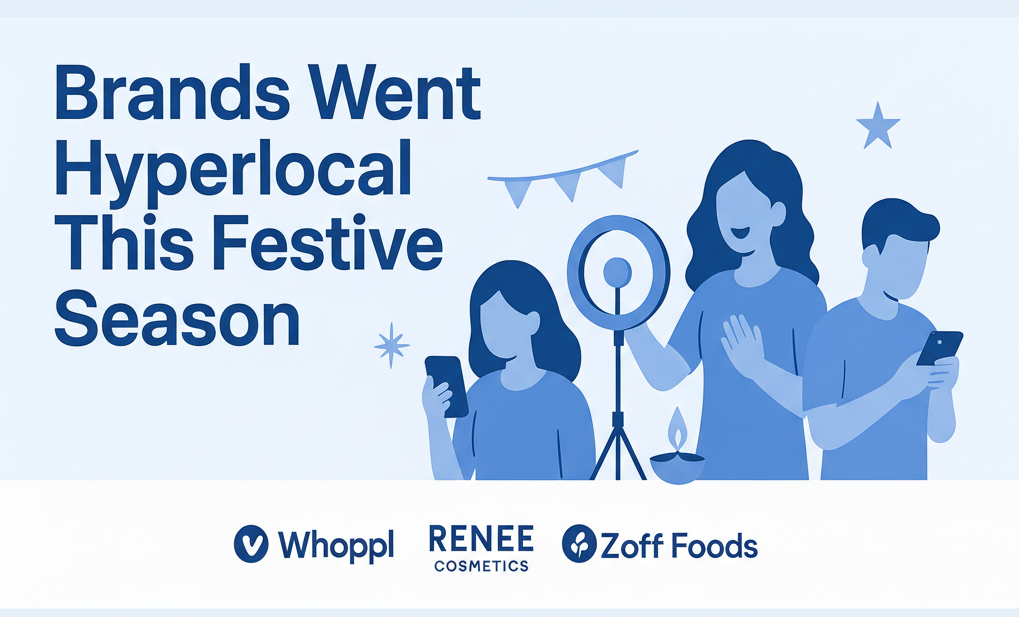There is an evident struggle for chess to attract significant marketing money. Despite the impressive performances of Indian chess players on the global stage, the sport faces hurdles in gaining mainstream visibility, comparable to more traditional sports like cricket or football.
Why has this been the case for sport which has consistently won the nation's acclaim across the globe?
How did Chess become ‘Cool’ Again
Unlike other sports, Chess is a 'silent' game. You will not find chess spectators cheering loudly for their favourite player from the benches. Maybe this is why the sport isn't as popular. But thanks to COVID-19, that perception changed rapidly.
Sagar Shah, an International Grand Master and founder of India's largest Chess publication and streaming platform, Chessbase, has paved the way for local legends and international players to compete with each other via YouTube. During COVID, when indoor sports saw a revival, people began to connect virtually to bond over their long-lost love for Chess and Ludo. Samay Raina, a popular comic and amateur chess enthusiast hosted Chess players on his channel and challenged them to name. This not only enhanced the popularity of the sport but also introduced the country to its underrated Chess Grand Masters and players.
ADVERTISEMENT
Chess became 'cool'. A lot of YouTubers began hosting virtual game nights with Chess players. Since the sport involves focusing on following your opponent's move, this not only kept the audience engaged but also let them see the human side of otherwise serious chess players.
Chess and Marketing: Match-made in Heaven?

Source: Google Images
Despite the fact that Chess champions are considered ideal and cost-effective brand ambassadors for various industries, there have been significantly less brand deals for our Champions. A lot of brands including those in insurance, banking, and information technology (IT), favour Chess players as their choice of brand ambassador.
Recently, when R.Praggnanandhaa lost to World Champion Magnus Carlsen, in a edge-of-the seat final at the Chess World Cup, Adani Group offered him a much deserved sponsorship deal.
Why Chess Players Make Great Brand Ambassadors
Ramanujam Sridhar, CEO of Brand Comm, a brand consulting company also emphasised the suitability of chess champions as brand ambassadors for financial services companies. He highlighted that celebrity endorsements are evaluated based on cost versus benefit, in an article for a publication. Thus, chess players offer a unique blend of intellect and strategy that resonates with certain industries.
Susan Polgar, a prominent chess player with numerous world championships and Olympic gold medals to her name, highlighted the symbolic significance of chess players for investments and computing. She mentioned that even if companies don't directly hire chess champions as brand ambassadors, they often incorporate chess-related imagery into their advertisements.
ADVERTISEMENT
Recall the classic game that Gary Kasparov played with IBM’s Deep Blue computer in 1997? It not only gave the technology company a boost in sales, but also credibility, making Deep Blue the first computer to beat a world class chess champion.
In true marketing jargon, we say that was a ‘Checkmate’ for sure.
Foreign Players Securing Brand Deals

While Indian Players struggle to secure generous sponsorship and brand deals, the trend seems to be the same, globally.
Magnus Carlsen, the reigning world chess champion from Norway, has secured endorsements from various companies, including Nordic Semiconductor and Arctic Securities. Polgar mentioned in an article that top chess players may charge around $100,000 for endorsing a product, which is still relatively modest compared to the fees commanded by top cricketers in India.
However, despite the potential benefits, only a few Indian corporates have signed deals with Viswanathan Anand, India's most renowned chess player. Anand has endorsed various brands, including NIIT, Crocin, Union Bank of India, and Complan.
Reason for Indian Players losing out on Brand Deals
The lack of endorsement deals for Indian chess players can be attributed to various factors, including the perception of chess as a non-spectator sport and the challenges faced by players from less affluent backgrounds in accessing corporate sponsorship.
ADVERTISEMENT
To enhance the marketability of chess players, experts suggest making the game more spectator-friendly and improving players' media savvy. By doing so, chess champions could attract more attention from brand owners and potentially secure lucrative endorsement deals.
One major factor contributing to the difficulty in securing brand sponsorships is the niche audience and relatively low media visibility of chess. Experts suggest that sustained mainstream media coverage and consistent audience engagement are essential for brands to see value in long-term partnerships.
Additionally, the cerebral and intellectual nature of chess may present challenges in making it relatable to the general audience. While qualities like focus and intelligence are admired, they may not resonate with everyone on a personal level.
Optimism for Chess and Brand Partnerships
Despite these challenges, there are some signs of progress. A few firms have started recognising chess champions and showing interest in collaborating with them. For instance, financial advisory firm Ambit onboarded Vidit Gujarathi as its brand ambassador, fostering a strategic alliance in chess. Similarly, Sandeep Singhal, co-founder and managing partner of WestBridge, partnered with former World Chess Champion Viswanathan Anand to start the WestBridge Anand Chess Academy (WACA) in India, aiming to nurture young chess talent.
To attract more brand sponsorships, chess players in India need to not only excel at the game but also increase their public visibility and media presence. Creating diverse media content and partnering with content creators to produce engaging, relatable content can help reach a broader audience. Furthermore, identifying brands that align with the intellectual and strategic aspects of chess, such as tech companies or educational platforms, could lead to more fruitful partnerships.
The picture seems hopeful, seeing as 17-year Gukesh D’s win at Chess Candidates 2024. The youngest player ever to have achieved this feat, Gukesh kept trending across social media. As he heads to the World Chess Championship against current Chinese winner, Ding Liren, the feeling of pride and patriotism will surely make the country take notice of a sport that is rooted in its culture.
Ultimately, factors such as intellectual appeal, engaged fan base, media exposure, collaborative opportunities, and the potential for long-term partnerships can encourage brands to consider chess players as valuable brand ambassadors. While the path may be challenging, there is still potential for chess to attract more marketing deals and gain recognition as a mainstream sport.

